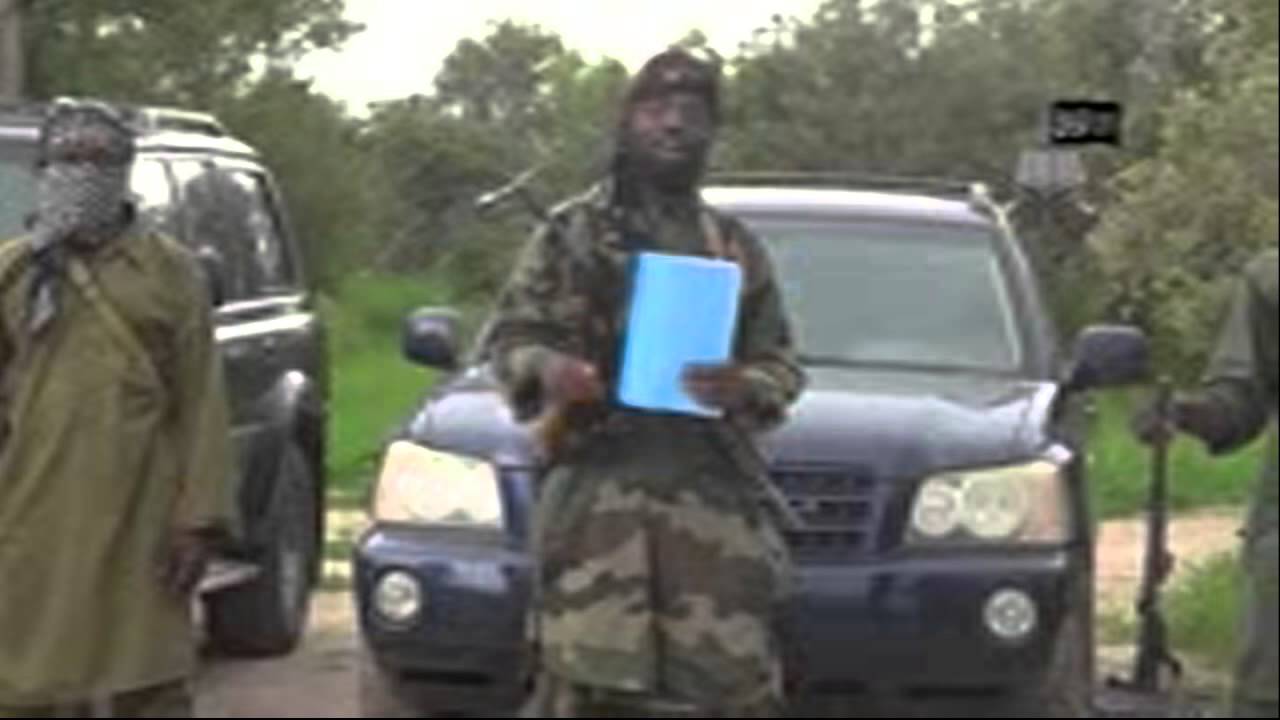The United Nations has reported that the Boko Haram sect spends as high as N2 billion to carry out terrorists attacks just as the Senegalese authorities have arrested two suspected Boko Haram female members with 500 million CFA (about N164 million) cash.
Deputy Director of Assessment and Technical Assistance for the UN Counter-terrorism Committee, Hassan Baage, told a gathering of West African Security experts in Dakar, Senegal, that the extremist sect’s annual budget was believed to be up to $10 million.
The Associated Press (AP) which covered the Dakar event quoted the UN official as calling for closer scrutiny of the financing of extremist groups, including Boko Haram.
“We must detect the flow of money that finances their activities and measures must be implemented to freeze the funds. According to reports that we’ve consulted, the budget of Boko Haram is around $10 million per year,” Baage said.
Soumeylou Boubeye Maiga, a special envoy for the African Union, said at the event that a stronger institution was needed to police and block the financing of extremism.
“The transfer of money through informal circles means huge amounts of money can circulate in these regions uncontrolled,” he said.
Boko Haram’s financing could come from crime cartels, false charity organisations and blackmail, said other experts at the forum on fighting extremism. Other analysts said the militants are known to have been paid millions for hostages, mainly French and Cameroonians taken in Cameroon, though Cameroon’s government denies paying ransoms.
Also, a number of suspects have been reportedly arrested in and around Dakar, the Senegalese capital, in the past two weeks with links to Boko Haram.
Two women, according to Premium Times, an online newspaper, were arrested in Guidiawaye, a suburb of Dakar, on suspicion of links to the group.
Officials say the women popped up on the radar of security agencies and were afterwards placed under surveillance after authorities intercepted their communication with a suspected Boko Haram fighter in Nigeria, who was confirmed to be the husband of one suspect and brother to the other.
Security forces also reported uncovering a consistent number of money transfers between the suspects and their alleged Boko Haram fighter-relative for months.
After their arrest, a search was conducted on their home and a cash of 500 million CFA Francs (about N164 million) was found in their possession, authorities claimed.
“The fact that such an amount was in their possession instead of being in the bank further goes to confirm ties with the alleged Boko Haram fighter,” a security source said.
Also this month, two Imams were arrested outside Dakar.
One of them was arrested in Ziguinchor, the regional headquarters of southern Senegal, an area known for its over 30 years of secessionist wars with the Senegalese government.
In Kaolack, another suburban city, hundreds of kilometres outside Dakar, an Imam was arrested.
The town is popular for being a base of the Tijanniya Brotherhood, and home of the renowned Islamic scholar, Sheik Ablaye Niass.
Authorities say the Imam, Alioune Ndao, had been under security radar for months as a result of his suspected links with Boko Haram.
“His sermons have been strangely inclined towards “instigating” his congregation towards Boko Haram ideologies,” the security source said.
Following his arrest, two satellite phones were found in his possession.
Security insiders said a scrutiny of the call histories of the phones showed consistent communications with suspected members of the Boko Haram sect.
In the capital city of Dakar itself, a young man was arrested for alleged links with the terrorist group.
Security operatives say their investigations revealed he was a next of kin to a confirmed Boko Haram fighter in Nigeria.
“He has also been receiving a lot of money transfers from Nigeria after the death of his brother who was fighting for the group,” one of the security sources said.
The Senegalese President, Macky Sall, told the security conference in Dakar that terrorists should not be allowed to “impose another form of religion” that does not “correspond to our traditions or our conceptions of Islam”.
Mr. Sall told the conference that brought together about 800 security officials and analysts from across the region to the Senegalese capital to develop a coordinated response to mounting jihadist threats facing the country.
He said Senegal must develop “a philosophical and theological discourse, training imams with a sense of a tolerant Islam”.




 Premier League
Premier League